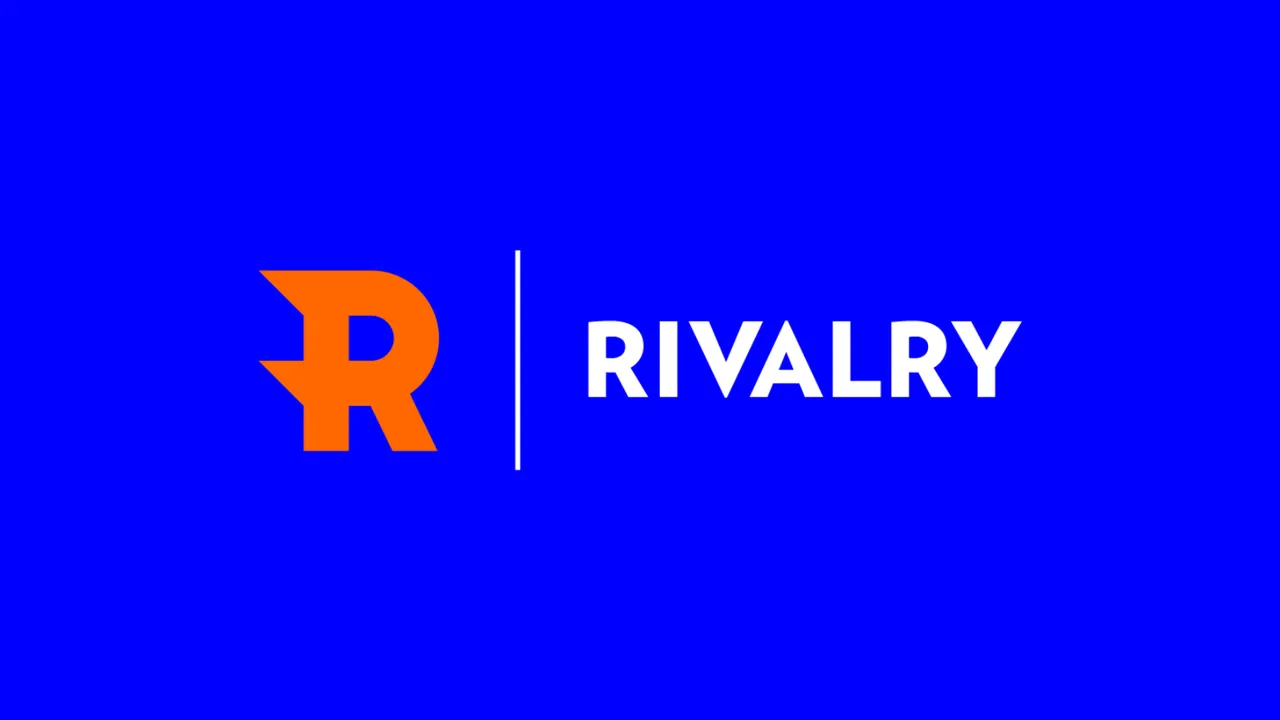Esports betting company Rivalry posts $19.2M net loss in 2021
by Adam Fitch ·
Updated

Esports betting company Rivalry has posted its financial performance for 2021, describing it as a "tremendous year by nearly all measures."
Brass tacks: Rivalry went public on the TSX Venture Exchange in October 2021.
- The company's betting handle — the amount of money wagered by bettors — grew to $60.9M ($78.2M CAD) in 2021. This is an increase of 202% from its $20.2M ($25.9M CAD) total the year prior.
- It posted revenue of $8.6M ($11.1M CAD) for the year, marking a 617% increase from its 2020 revenue of $1.2M ($1.5M CAD). It has a cost of revenue of $6.9M ($8.9M CAD), resulting in a gross profit of $1.7M ($2.2M CAD).
- Operating expenses for Rivalry in 2021 totalled $21M ($26.9M CAD) and included a bad debt expense of $1.2M ($1.5M CAD), share based compensation of $8.2M ($10.5M CAD), a marketing & advertisement expense of $4.7M ($6M CAD), and general & administration expenses of $4.8M ($6.2M CAD).
- The betting brand posted a net loss of $19.2M ($24.7M CAD) and a total comprehensive loss of $18.9M ($24.3M CAD). In 2020 it had a net loss and total comprehensive loss of $5.4M ($6.9M CAD).
The performance: While the net loss may not seem promising on the surface, Rivalry grew in many of the right places.
- The company revealed that it had $27.7M ($35.5M CAD) in cash at the end of 2021 and no debt.
- Revenue for the company increased dramatically, much more than the betting handle did, proving that it doesn't have any trouble in generating a return. Its expenses did also increase dramatically though, which is obviously what drove the sharp increase in loss.
- Customer registrations throughout the year totalled approx. 610,000 in 2021, up from 350,000 in 2020. This is an encouraging sign for Rivalry, which is vying to become the undisputed, unrivalled (pardon the pun) destination for betting in the esports industry.
- "As our traditional sports betting product has continued to improve, we are seeing a more diverse product mix, which is helping to blunt the seasonality of esports, something that we expect to continue in the future,” said Rivalry CEO Steven Salz looking ahead.
Featured Jobs
More Jobs
MOBA Game Test Analyst
 PlayStation
PlayStation
🇺🇸
San Diego, CA, USA
Level Design Internship
 Larian Studios
Larian Studios
🇧🇪
Gent, Belgium
Technical Sound Designer (M/F/NB) - Beyond Good & Evil 2 - Montpellier
 Ubisoft
Ubisoft
🇫🇷
Montpellier, France
Marketing Specialist
 People Can Fly
People Can Fly
🇵🇱
Poland
+ 5 more
Partnerships Specialist
 Twitch
Twitch
🇺🇸
New York City, NY, USA
Game Designer - Brookhaven
 Voldex Games
Voldex Games
🇨🇦
Montréal, QC, Canada
+ 2 more
Latest News
More News
-
 Sony and Tencent settle Horizon clone lawsuit with confidential agreement, Light of Motiram removed from storefronts
Sony and Tencent settle Horizon clone lawsuit with confidential agreement, Light of Motiram removed from storefronts -
 Todd Howard confirms The Elder Scrolls 6 development is progressing well, but wishes it went a "little faster"
Todd Howard confirms The Elder Scrolls 6 development is progressing well, but wishes it went a "little faster" -
 Sucker Punch co-founder Brian Fleming steps down as Studio Head
Sucker Punch co-founder Brian Fleming steps down as Studio Head -
 Larian CEO defends Divinity generative AI usage following backlash
Larian CEO defends Divinity generative AI usage following backlash -
 Marathon will arrive in March 2026 and cost $40, Bungie announces
Marathon will arrive in March 2026 and cost $40, Bungie announces -
 Dead Island 3 is aiming for a 2028 release, Dambuster Studios reveals
Dead Island 3 is aiming for a 2028 release, Dambuster Studios reveals -
 Amazon Games Montreal sold to Ubisoft following major layoffs earlier this year
Amazon Games Montreal sold to Ubisoft following major layoffs earlier this year -
 Vampire Survivors-like Codex Mortis claims it is the "world's first fully playable game created 100% through AI"
Vampire Survivors-like Codex Mortis claims it is the "world's first fully playable game created 100% through AI" -
 Katamari Damacy creator Keita Takahashi wants the industry to create more “fun and weird games”
Katamari Damacy creator Keita Takahashi wants the industry to create more “fun and weird games” -
 Stellar Blade director receives South Korean presidential award for contributions to the gaming industry
Stellar Blade director receives South Korean presidential award for contributions to the gaming industry -
 Developers at DOOM studio id Software vote to unionise with CWA
Developers at DOOM studio id Software vote to unionise with CWA -
 Rockstar claims recent firings were for leaking confidential game information, union fires back
Rockstar claims recent firings were for leaking confidential game information, union fires back